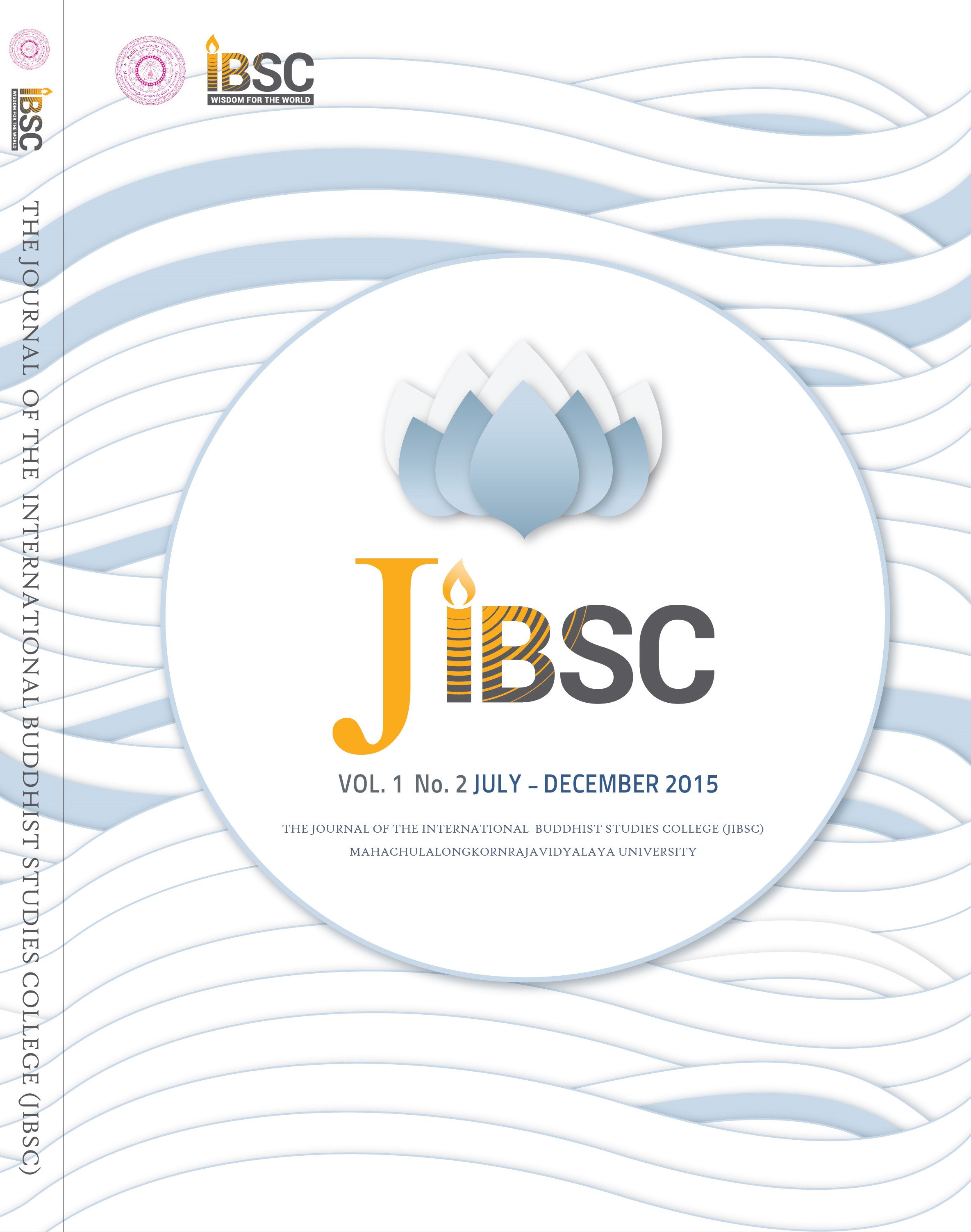TOWARDS BUDDHIST SOCIAL WORK AND HAPPINESS
Main Article Content
Abstract
Not only be one of the crucial bases for accomplishing merit, but “social work” is one of the names for “happiness” — that is, the “meritorious deed” in the Buddha’s discourses or suttas as well. With a long distance to its origin, social work, in its fi rst reference as dāna (giving), was expressed in the Buddha’s time as a spiritual force for the creation of social conditions favourable to tackle such critical social dukkha (problems) as poverty, hunger, wars and the suffering resulting from these problems. Up to our days, these same old problems have continued to exist with other new social problems and risks. In the turn of the twentieth century, however, there emerged the social-environmental-economic development crisis along with those problems such as ecological catastrophe, environmental degradation, climate change, drugs, human traffi cking, resulting in the paradox of happiness in developed nations. In other words, their current economic situations do not really make people happy, although the countries have much succeeded in industrialization and modernization guided by the “pursuit of happiness,” an economic ideology used in search of an affl uent ‘welfare state’ of Homo economicus of the mainstream economic paradigm. This paper aims to search for Buddhist solutions concerning those contemporary problems, to analyze their causes, and to consider the ‘Buddhist social work’ as a way to pursue real happiness via the Buddhist economics of happiness standpoints.
Article Details
The Journal of TCI is licensed under a Creative Commons Attribution-NonCommercial-NoDerivatives 4.0 International (CC BY-NC-ND 4.0) licence unless otherwise stated. Please read our Policies page for more information on Open Access, copyright and permissions.


